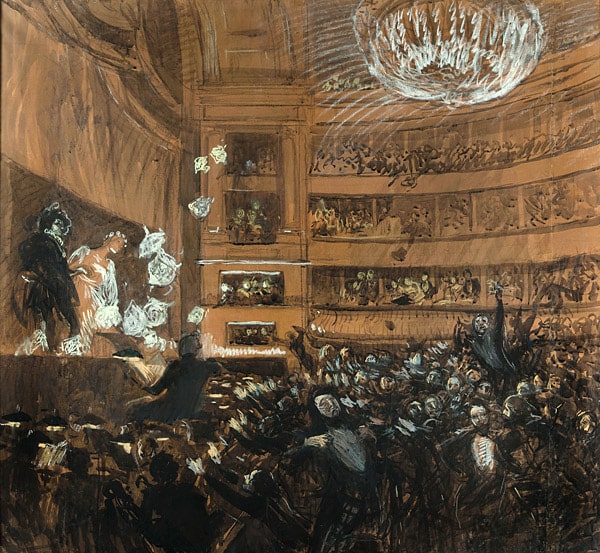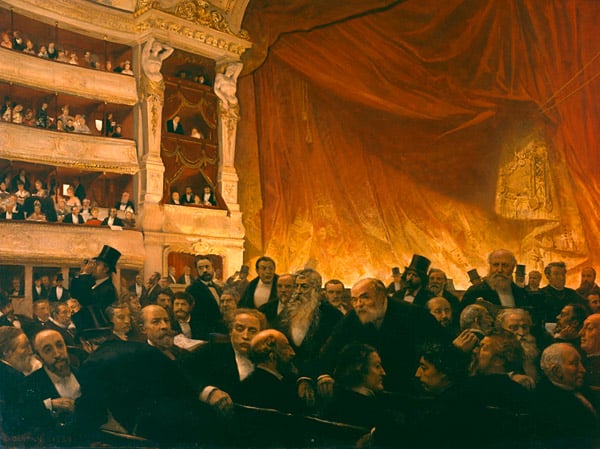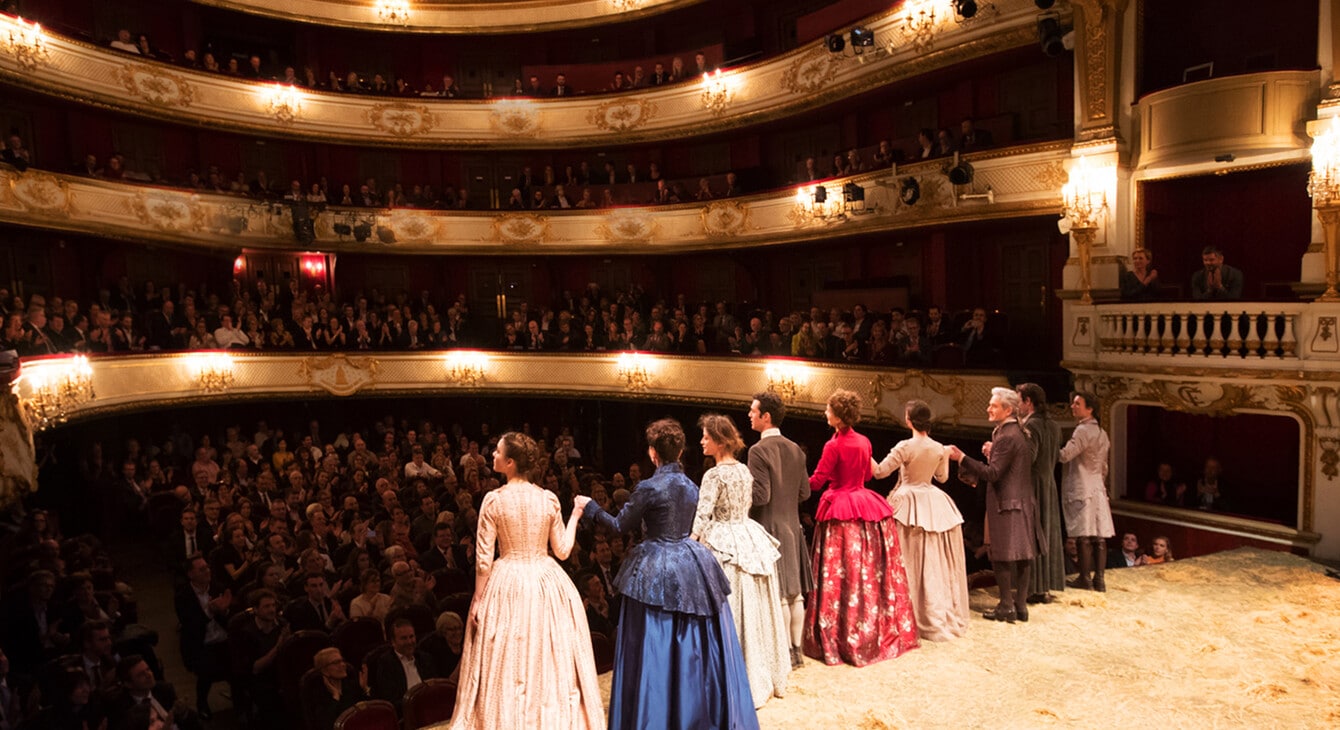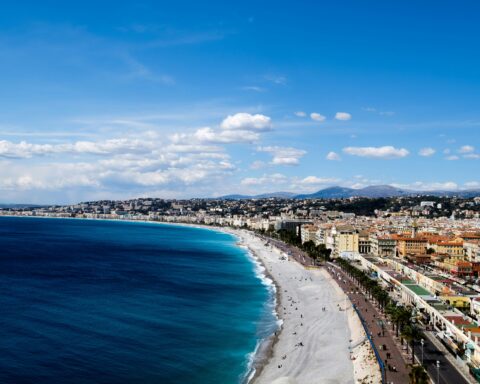As the World Theatre Day takes place this 27th of March, a look back at the history of a cultural institution founded three centuries ago: the Comédie Française. A company that is the pride of France and has welcomed many great comedians and actors.
Born in ancient times with the Greek tragedy and comedy, theatre has always been an integral part of society’s entertainment. Carried by great names such as Molière, Dumas, Racine, Marivaux, Corneille or Beaumarchais, this art takes us on a field of plural emotions. Between classical plays and contemporary works, the theatre continues to attract crowds today and is constantly renewing itself to capture the attention of all audiences.
La Comédie Française, the theatrical institution founded almost 350 years ago
Founded by royal order of Louis XIV in 1680, the Comédie Française brings together the troupe of the Hôtel Guénégaud (which merges the Molière troupe directed by La Grange and the actors of the Marais) and that of the Hôtel de Bourgogne. This unique troupe takes advantage of the monopoly on performances and aims for theatrical perfection. Molière, Racine, Rotrou or Corneille are in the first directories.
On 5 January 1981, French actors and actresses are linked by an act of association which will never be called into question. They make a living by sharing the revenue. This cooperation allows the company to cope with the arrival of Italian actors and the theatre of the Fair at the beginning of the 18th century.

During this century, the French actors organize themselves, rearrange the theatres, change the place of performance and clash with the customs of the time. At the same time, the plays of Beaumarchais and Voltaire are a great success.
Despite the French Revolution and the world wars, the Comédie Française survives
In 1789, when the French Revolution stirred up the country, the Comédie Française took the name of Théâtre de la Nation for a while. As a result of these political events, its privileges were abolished, with the cessation of the royal pension and the decrees of 1790 and 1791 which abolished the monopoly it exercised on the French repertoire. However, civil rights are granted to actors. The last decade of the 18th century was marked by a collapse of the then ruined troupe. The actors dispersed but were reunited in 1799. They then moved to the Théâtre Français de la République in the 1st arrondissement of the capital. A place that they will never leave again.
Different currents of theatre will make the company live, such as romantic drama, classical tragedy or bourgeois comedy. The repertoire follows the times and the most fashionable pieces are played.

During the two world wars, the Comédie Française participates in the effort and tries to maintain its prestige. In the following decades, the institution evolved thanks to the work of successive managers, directors and directors. New venues are opened and the troupe travels around the world on theatre tours. Members and boarders work together to grow the troupe and honour the pieces.
The big names of the Comédie Française
Among the modern-day partners are Denis Podalydès, Pauline Clément, Laurent Stocker, Séphora Pondi, Guillaume Gallienne, Michel Vuillermoz, Claude Mathieu and Benjamin Lavernhe. Laurent Laffite, Isabelle Adjani, Michel Galabru, Richard Berry, Anne Consigny, Jeanne Moreau, Annie Girardot or Francis Huster are many other boarders who have played in the entity. Pierre Niney was the youngest resident of the Comédie Française, joining the company at age 21. Éric Ruf has been the general manager of the Comédie Française since August 2014.
More than 3500 pieces are now part of the repertoire of the Comédie Française. At the time of World Theatre Day, the tricolour institution still enjoys a reputation for excellence and continues to make spectators laugh, cry and dream in search of a formidable performance. And the organization should not see its ticket sales decline. According to a study conducted by the Association pour le soutien du théâtre privé and Médiamétrie, published last June, 12.2 million French people reported having gone to theatre during the 12 months preceding April 2024, an increase of 19.6% compared to 2022.
Voir cette publication sur Instagram
Lately, it is with cinema that the Comédie Française has come closer to celebrate theatre and make it discover a non-amateur audience. Every Monday, the great classics are broadcast on the big screen at the Pathé Palace in the 9th arrondissement of Paris. On 31 March, Molière’s Le Malade imaginaire, with Guillaume Gallienne in the role of Argan, will be proposed.
Read also : Le Bal des Debutantes: thirty years of enchantment and nepo babies
Featured photo : Gala at the Comédie-Française © Gilles Delacuvellerie















